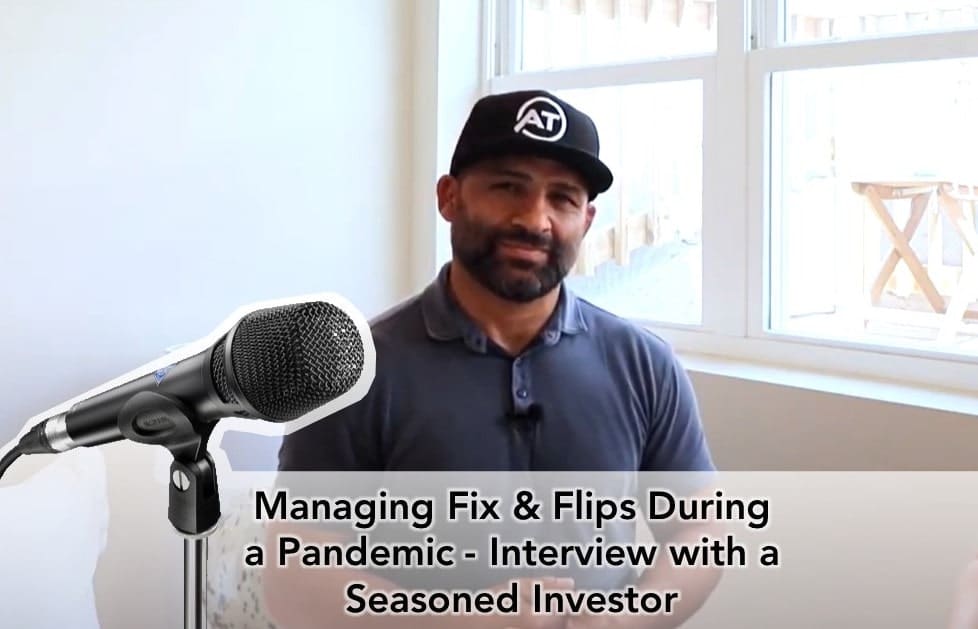As the coronavirus pandemic continues to ravage the economy, many real estate investors are finding creative ways to maintain business as usual and reach potential buyers. We interviewed one of our experienced clients in order to hear his perspective on managing through the current crisis.
Staying Proactive with Your Fix & Flip Projects
“The ability to adapt is critical at a time like this,” said Attila Shalorus, an independent real estate investor and project manager local to the Washington, D.C. metro area. “I’m fortunate that the demand for real estate in the DMV remains high, but the challenges my team and I are facing due to this pandemic are still very real.”
When it comes to fix and flip properties, Shalorus advises investors to have a plan in place for potential roadblocks such as construction delays, slowed permitting and inspections, and the inability to have in-person showings. “While some of these challenges are inevitable, there are tools that have completely changed the way we operate.”
Shalorus suggests transitioning to digital services, such as virtual open houses and video conferencing while taking precautions during any interaction that has to happen in person. In addition, Shalorus recommends utilizing technology such as a Matterport camera, which creates 3D videos, allowing potential buyers as close to an in-person experience as possible.
“Online engagement is vital during these times,” said Shalorus. “Investing in professional staging and photography services is another great way to give your property an edge if the budget allows.”
Data Shows that Market Remains Stable
On a national scale, the real estate business has stayed fairly stable despite the changing economy, according to the National Association of Realtors. A survey done by the association showed that approximately 74 percent of Realtors reported their clients aren’t reducing listing prices to attract buyers. This data suggests that sellers are remaining calm and continuing forward despite the pandemic.
Even before the pandemic hit, there was a high demand for homes but a shortage of inventory, Shalorus said. Shalorus is optimistic that the real estate market will bounce back to pre-pandemic conditions following a significant flattening of the curve, “It’s a strong market, and investors have been very effective in working safely and virtually to meet buyer’s needs.”
For more digital tools to help your investing business through the COVID-19 crisis, check out our previous blog post.

